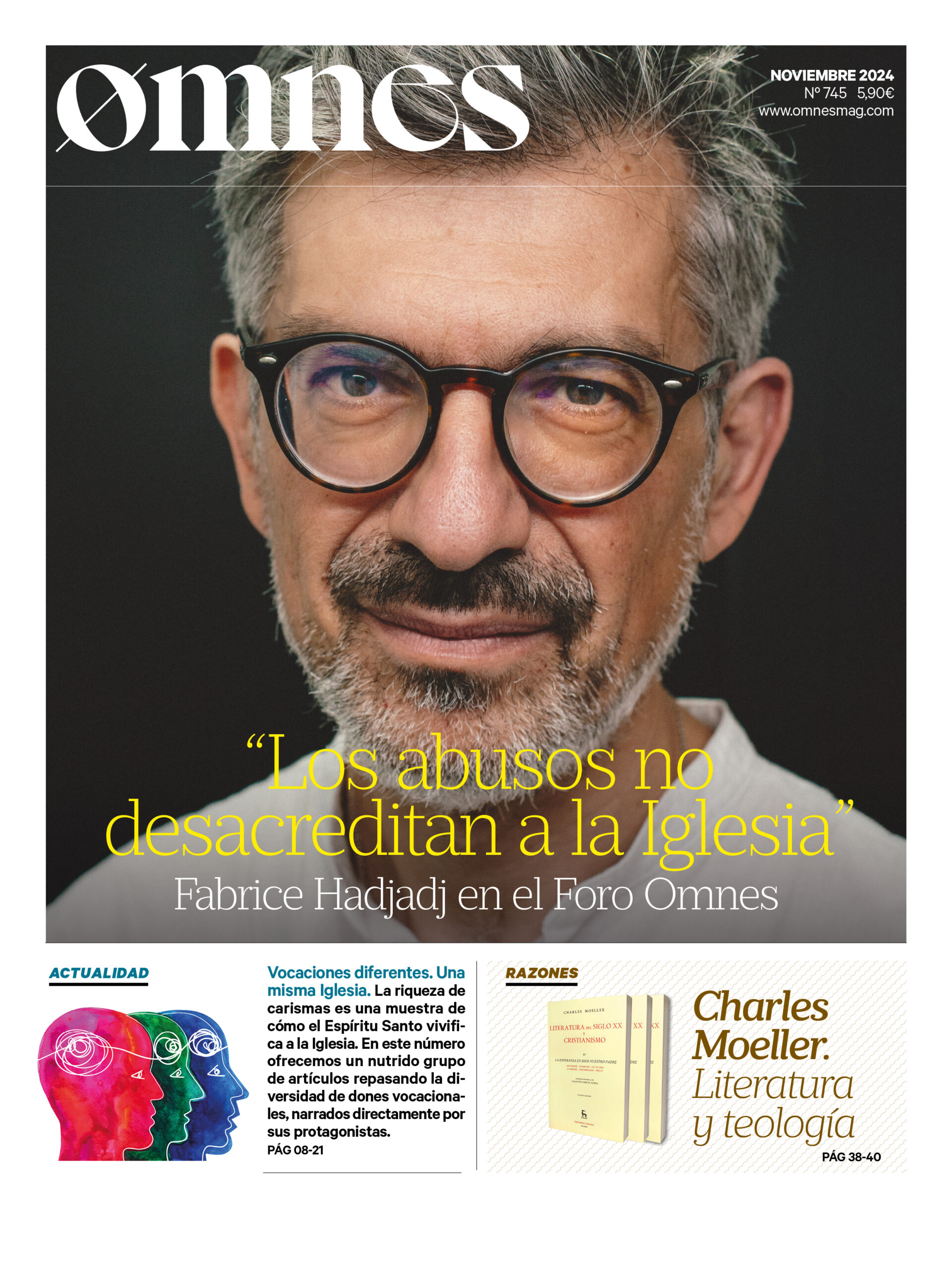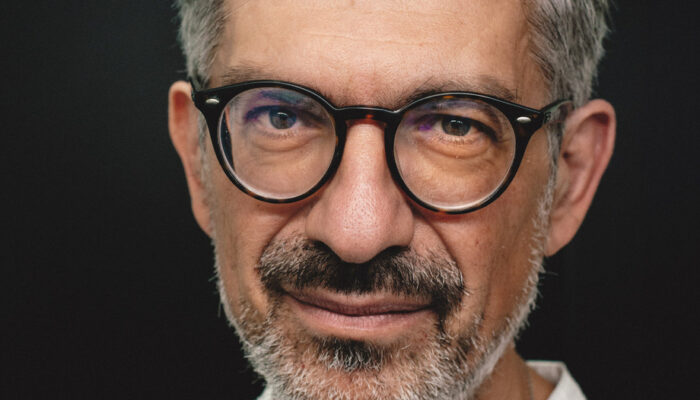Many tourists eager to visit the Eternal City have found in recent months a surprise that may not be so pleasant at first glance: Rome is covered with "cantieri" (works) to restore the city's most iconic landmarks: the baldachin of St. Peter's Basilica is already in place after the renovation work, the restoration of the Cathedral designed by Bernini, the area around the Colosseum, the great fountains of Piazza Navona and many other places in the Italian capital are still underway.
What these renovations have in common is written in large letters on their fences: Rome is being transformed. This is the motto of the "Caput Mundi" project, which has earmarked 500 million euros to prepare the city for a unique event in the history of the Church: the 2025 JubileeThis only happens every 25 years, except in extraordinary cases, such as the Jubilee of Mercy in 2015. The city is preparing for a large influx of pilgrims, and there are already reports of hotels and lodgings full for the entire Holy Year.
Why all this?
Pope Francis has a proposal not only for Christians, but for the whole world: Hope, the great theme of the Jubilee of 2025. In a world marked by growing polarization, conflicts and the marginalization of minorities, the Church leader raises his voice to rekindle a desire that is perhaps dormant in every person, or that we do not know what to call it.
"Everyone hopes. In the heart of every person nestles hope as a desire and expectation of the good, even in ignorance of what tomorrow will bring," says the Pope in the bull "Spes non confundit"(hope does not deceive, in translation from Latin), which calls for the Jubilee. Francis uses the words of the Apostle Paul in his Letter to the Romans to invite all humanity to what he hopes "will be, for everyone, an occasion to rekindle hope".
Traveling a path
The so-called Jubilee Year will begin on the night of December 24 of this year, when the Pope will open the Holy Door of St. Peter's Basilica (still surrounded by scaffolding), and will end on January 6, 2026, the Solemnity of the Epiphany, when he will close it. During this period, the Church convenes 33 Jubilees related to various professions and social groups: communicators, artists, young people, the elderly, rulers...
This Door will be the first of many that will be opened in dioceses around the world on December 29: the faithful who pass through these Doors will be able to gain a plenary indulgence (the forgiveness of the guilt of all sins). To do so, they must fulfill other conditions: receive communion and go to confession one week before or, after the entrance through the door, pray for the intentions of the Holy Father and have total detachment from any sign of sin. In the dioceses, the Holy Doors will close on December 28, 2025.
The last Ordinary Jubilee took place at the beginning of the new millennium, in the year 2000, during the pontificate of St. John Paul II. Twenty-five years later, Francis invites everyone to retrace the "path" of the Christian life, since "to set out on a journey is a typical gesture of those who seek the meaning of life" (n. 5). His wish is that the Jubilee churches be "oases of spirituality" to "restore the path of faith and be satiated at the wellsprings of hope".
Church on the way out
Since the beginning of his papacy, Francis has said that the Church must be on the way out. Now, he stresses that its doors must be open to welcome "everyone, everyone, everyone," as he advocated at World Youth Day in Lisbon in 2023. To this end, the whole Church must be transformed to "offer the living experience of God's love, which awakens in the heart the sure hope of salvation in Christ" (n. 6).
Francis has also gone his own way: as he states in his latest encyclical "Dilexit Nos" (n. 217), he maintains continuity with his social encyclicals "Laudato si" and "Fratelli tutti", and continues to defend the role of each one in the mission of restoring the world. "What is expressed in this document (...) is not unrelated to our encounter with the love of Jesus Christ, for by drinking from that love we become capable of weaving fraternal bonds, of recognizing the dignity of every human being and of caring together for our common home," he concludes in the text published in October.
Signs of hope
In the document proclaiming the Jubilee, Francis proposes that the Church and society strive to offer "signs of hope" for the major problems he observes in the contemporary world, beginning with peace. "Humanity, forgetful of the dramas of the past, is subjected to a new and difficult test when it sees many populations oppressed by the brutality of violence," he writes.
In addition, he does not hesitate to present thorny issues such as the falling birth rate in many countries, caused by the "loss of the desire to pass on life". He also addresses one of his favorite audiences, prisoners, for whom he wants to open a holy door in a prison (and invites governments to take initiatives to help people in this context). Nor does the Pope forget the sick, the young, migrants, the elderly and the poor, and invites the rich nations "to decide to cancel the debts of countries that will never be able to pay them off" (n. 16). No one is excluded from the invitation to transmit hope.
The world needs hope, and the Pope knows it. For this reason, he expects not only an external transformation, such as the renovation of buildings and the opening of doors. He expects the whole Church, in each of her faithful, to open the doors of her interior so that "the light of Christian hope may reach all people, as a message of God's love that is addressed to all" (n. 6).
Journalist in Rome








